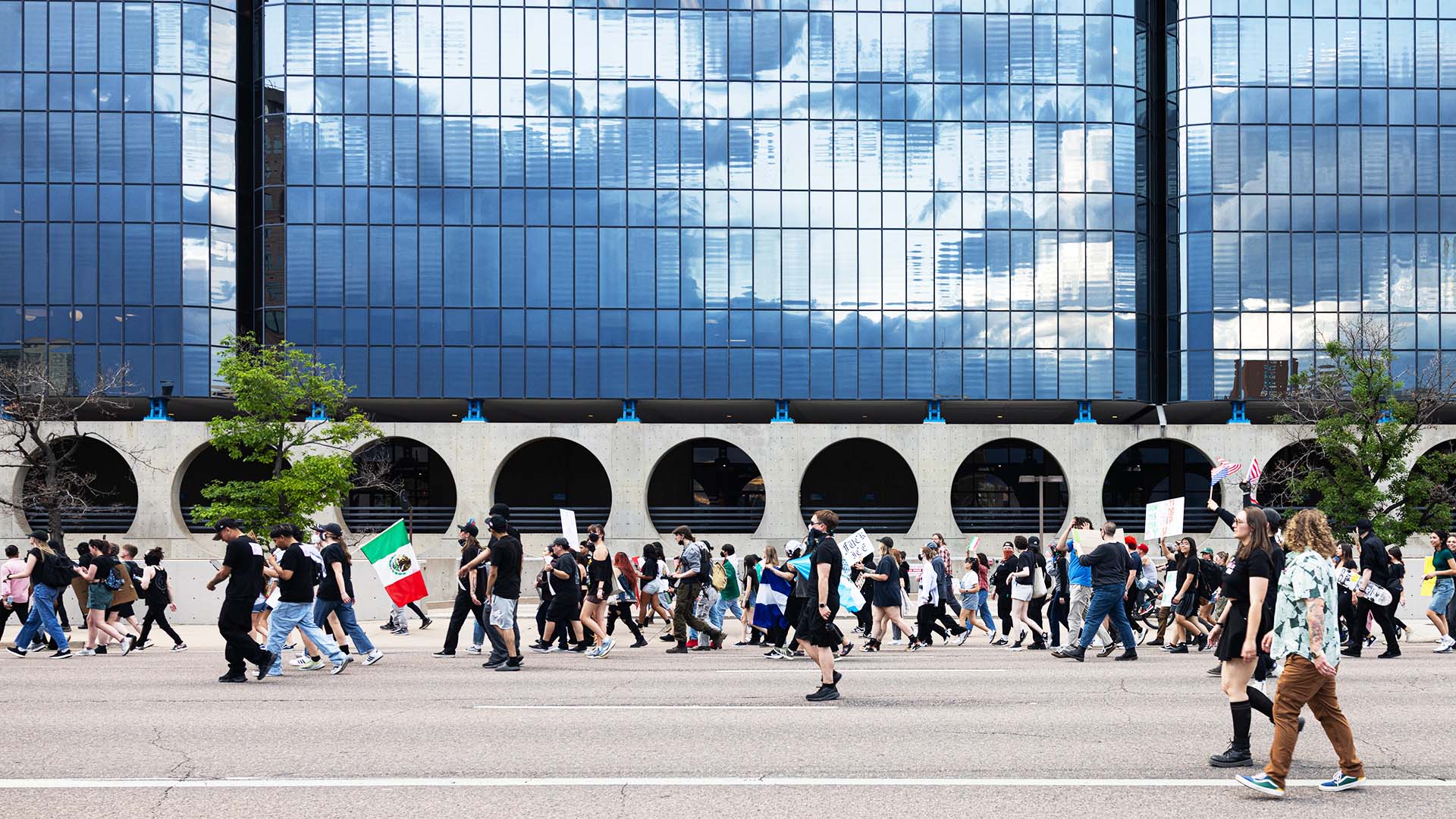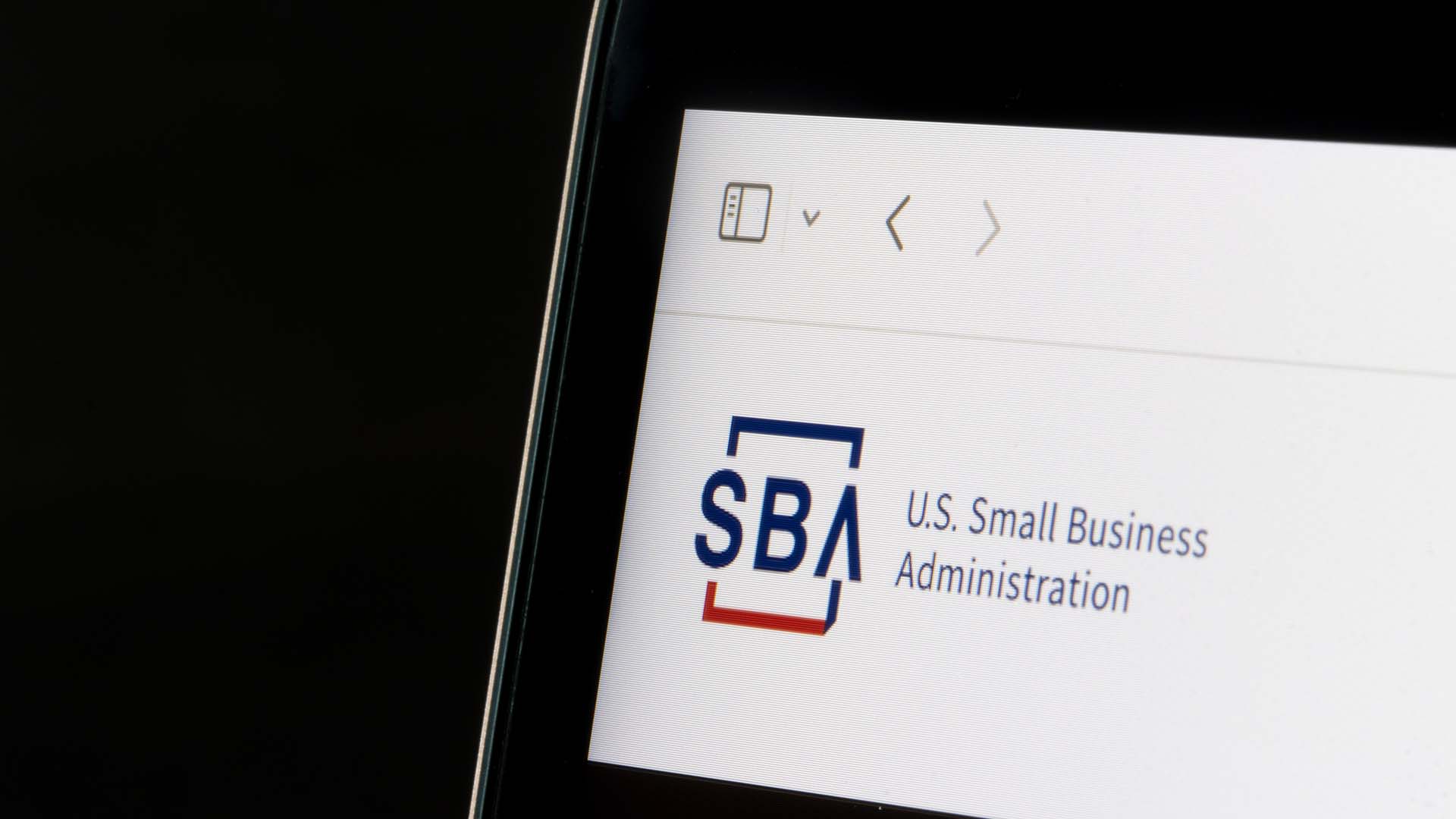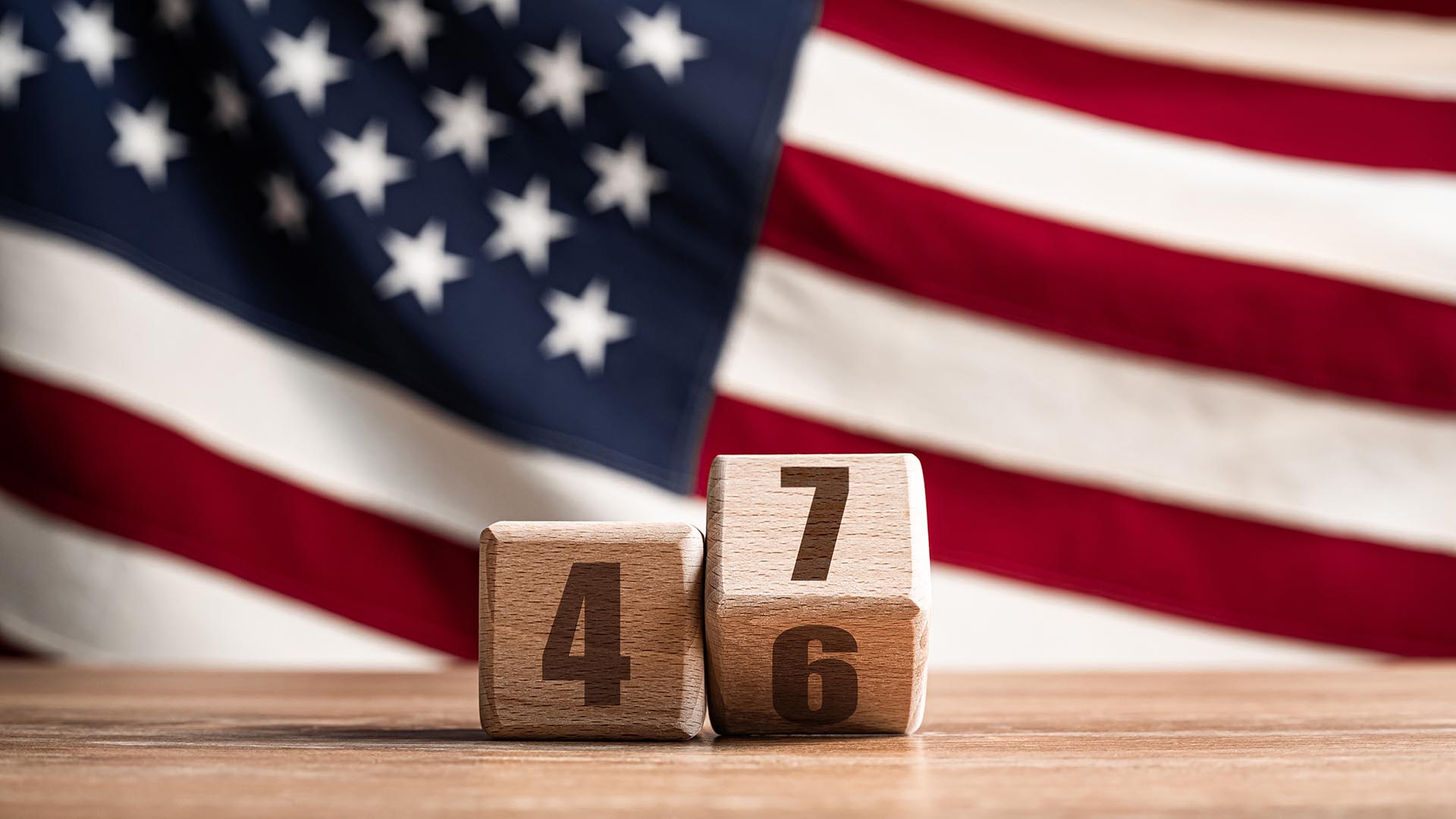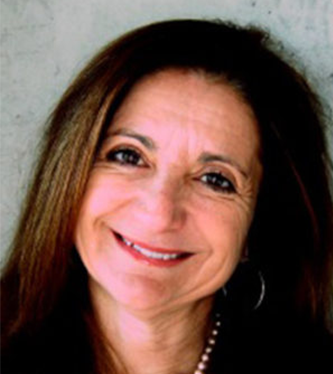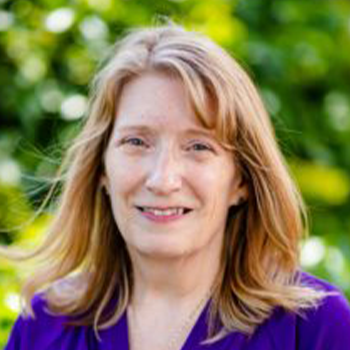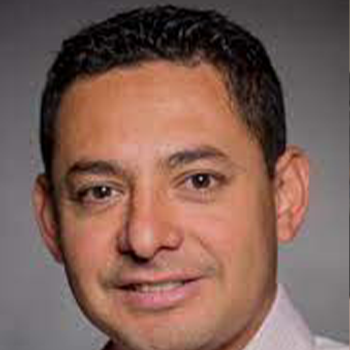Defending DACA in Denver and D.C.
Students, University leaders and Colorado officials stand up for Dreamers as the U.S. Supreme Court hears the case that will determine the future of the Deferred Action for Childhood Arrivals program.
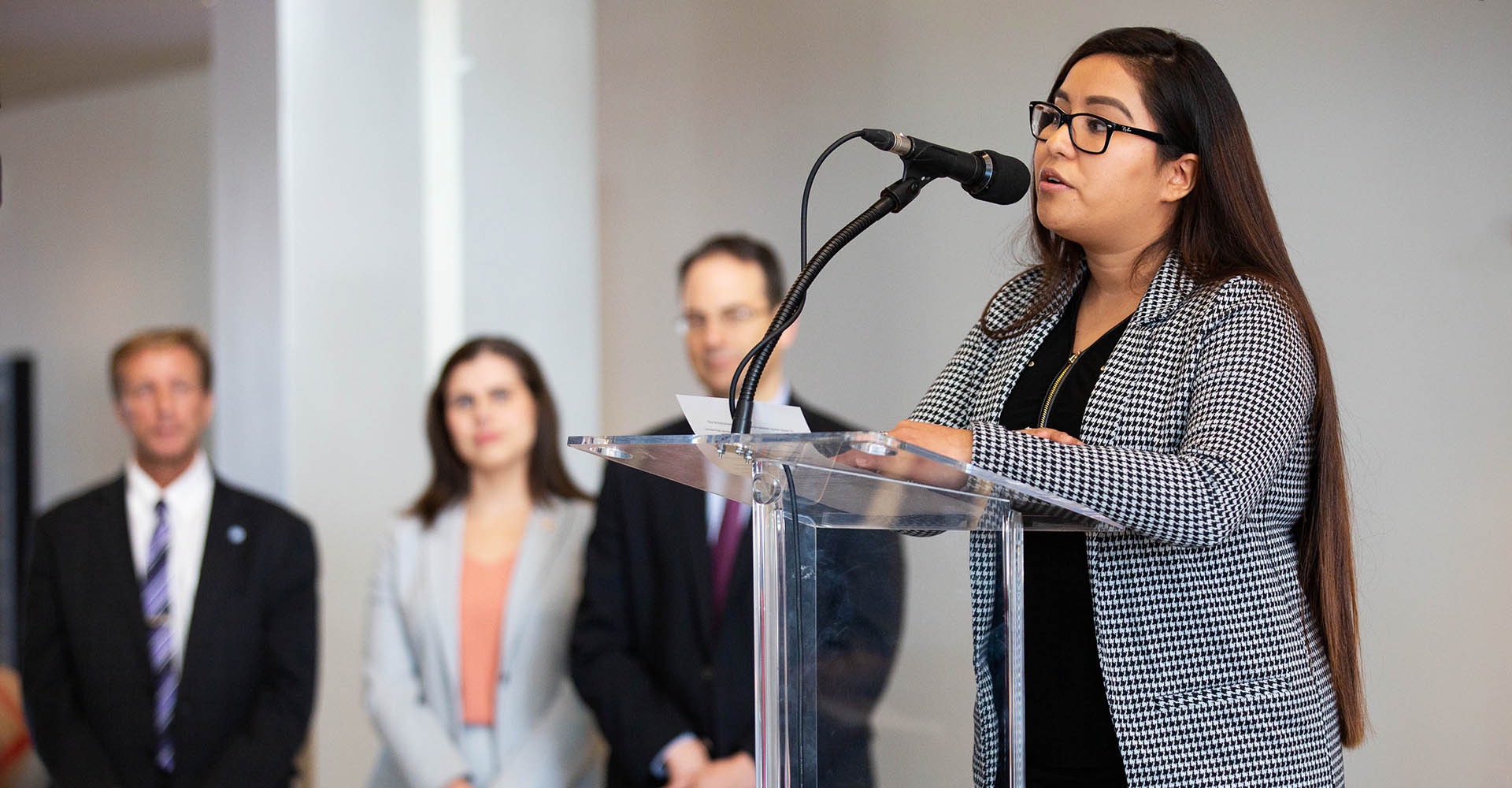
Estéfani Peña Figueroa is tired of arguing. While the U.S. Supreme Court heard oral arguments Tuesday in a case that will decide the fate of hundreds of thousands of immigrants brought to the U.S. as children, the 24-year-old urged immigrants to “get up and fight back.”
Peña Figueroa, who was born in Guatemala, is a recipient of the Deferred Action for Childhood Arrivals program, which was created in 2012 by then-President Barack Obama to provide protection from deportation. She’s one of more than 700,000 Dreamers, or undocumented immigrants who arrived in the U.S. as children, whose fate is in the hands of the court.
As oral arguments began in Washington, D.C., on Tuesday, Peña Figueroa shared her story and demanded action at a DACA-support rally organized by Colorado Attorney General Phil Weiser and hosted by Metropolitan State University of Denver.
“To my fellow DACA recipients, we need to get up and fight back. We are part of this country, and we have invested in the success and well-being of our communities and even the economy,” said Peña Figueroa, an MSU Denver student slated to complete a degree in health-care management next spring.
The label “Dreamers” refers to the stalled DREAM Act legislation, which would establish a process for granting residency status to qualifying immigrants who entered the country as minors. Dreamers’ fate has been up in the air since September 2017, when President Donald Trump ordered his administration to stop renewing the temporary work permits for DACA. The order was blocked by federal courts, but three cases have risen to the Supreme Court. At issue is whether it was legal for Obama to create DACA in 2012 without congressional approval.
Weiser announced last March that Colorado would join a multistate lawsuit challenging Trump’s plan to end DACA. Former Gov. John Hickenlooper added Colorado to the list of plaintiffs in that lawsuit in September 2017; however, then-Attorney General Cynthia Coffman declined to represent the state in the matter.

Tuesday in MSU Denver’s Jordan Student Success Building, Peña Figueroa told the gathered crowd about the challenges she faced coming to the U.S. from Guatemala at age 7. She recalled crossing the frigid Rio Grande as a child with thorns in her knees and feet. But even that pain didn’t compare to the devastation she felt when she realized she couldn’t apply to many scholarships and that her American dream would be cut short, she said. DACA changed that in 2012, but now she and others like her have been living in limbo waiting for a permanent legislative solution.
“We do not need your pity. We need you to get up and take action,” Peña Figueroa said. “We need you to donate for people to be able to pay their renewal-application fees. We also need you to stand in solidarity with us and provide mental-health resources.”
There are more than 15,000 DACA recipients living in Colorado, Weiser said Tuesday. There are 385 undocumented students attending MSU Denver under the state’s Advancing Students for a Stronger Economy Tomorrow law, or ASSET, more than any other college or university in Colorado, according to MSU Denver data.
“Together, we have built a strong community on campus,” she said, “and we must continue to remain united, empowered and resilient, hand-in-hand for DACA and for the thousands of undocumented students who were never able to get DACA. My name is Estéfani Peña Figueroa. I am a Latina who is undocumented, unafraid, unapologetic and here to stay.”

Eunice Callejas Solano, an MSU Denver communications studies major who came to the U.S. from Mexico when she was just 2 years old, echoed Peña Figueroa’s sentiment in her speech at the DACA-support rally.
“We need you to fight with us because some of us don’t have a voice. Some of us are constantly labeled as criminals. … We’re often dehumanized, and what I’d like to do is dispel those stereotypes and have people see us as humans, which is what we are,” she said. “We’re just like you. We’re just like everybody else. We’re here to work and get the opportunities that our parents couldn’t get us in our countries.”
MSU Denver electrical-engineering technology major Luis Estrada also spoke at the rally. He said being a DACA recipient has been like running on sand for the past few years. Never being able to experience the solid ground of legal status has caused him anxiety, even though he said he’s never broken a law or gotten as much as a speeding ticket since coming to the U.S. from Mexico at age 7.
“We’re not here for pity,” he said. “We are strong. We have found a way, and we will continue to find a way. But there is only so much a human being can take.”
Support from the state
The issue of immigration is personal for Weiser. His mother was born in a German concentration camp during the Holocaust, and she and Weiser’s grandparents immigrated to the U.S. after the camp was liberated.
Weiser met with Peña Figueroa, Callejas and Estrada before addressing the crowd at the rally with a clear message:
“The federal government made a promise to the Dreamers: Give us your information, tell us who you are, then we’re going to put you in the back of a long line of people who don’t have documentation authorization, and we’re going to give you security,” he said. “Well, right now, that security is being threatened by the same federal government in what threatens to be the worst, most painful bait-and-switch I can think of.”

Colorado Secretary of State Jena Griswold and Jeff Wasden, president of the Colorado Business Roundtable, joined Weiser at the rally. They emphasized the ways undocumented immigrants contribute to the state’s communities, businesses and economy.
Some 93% of DACA recipients are employed or in school, and as a group they have $19.4 billion in spending power, Wasden said. He cited a 2016 study by the Center for American Progress that estimated that removing all undocumented immigrants from the country would reduce the country’s gross domestic product by $434 billion annually. Colorado’s GDP is projected to decrease by $6.1 billion annually in that scenario.
Standing up for immigrants is not new at MSU Denver. Michael Benitez, Ph.D., vice president for Diversity and Inclusion, reminded rallygoers of the University’s history of support, which includes a leading role in legislation for ASSET and the 2019 law making Dreamers eligible for state financial aid. MSU Denver also raises money to help DACA students with renewal fees, legal services and scholarships, funds that anyone can contribute to online.
“To all the DACA and ASSET students here, I want you to know that MSU Denver supports you, and we believe our University is a better place because you are a part of it,” Benitez said. “We stood for you in 2012 when we were the first university in Colorado to offer a special tuition rate for undocumented students, and we will continue to stand with you.”
Home is Here
At the same time Coloradans rallied in support of Dreamers at MSU Denver, the University was also represented 1,700 miles away in the nation’s capital. MSU Denver Trustee Marissa Molina, the first DACA recipient to serve on a state board following her appointment by Gov. Jared Polis this year, spoke at the Home is Here rally on the Supreme Court steps as her future was debated inside.

“As we stand here this morning, I am reminded of the many people who came before us. Those who fought to ensure that our country lives up to its ideals: that we are all created equal and endowed with inalienable rights to life, liberty and the pursuit of happiness,” she said. “We stand here knowing that the greatness of this country has always been determined by the people who have dared to dream of an America that is more just and more inclusive.
“We’re fighting to reimagine what it means to live out the American dream.”
Molina, who is the Colorado immigration manager for the nonprofit political-advocacy organization FWD.US, told RED that her role on the board at MSU Denver is being a representation to students of what can be possible.
MSU Denver trustee Marissa Molina, a DACA recipient who came to the U.S. at age 9, brought her parents to the Colorado State Capitol to share their family’s immigration story with Gov. Jared Polis to promote the “Home is Here” movement.
“I want students who come from really difficult backgrounds and have faced all these challenges to know there’s somebody who is always going to be fighting for them in that space,” she said.
She said as much on the steps of the nation’s highest court.
“We will not be free until all of us are free. That is why, regardless of the eventual outcome of today’s hearing, we are going to continue to stand together,” she said. “Whether it is in our classrooms, in the courts or in our neighborhoods, we are going to be ready to fight for those who have been left behind and those that come after us, always with an unyielding determination to win.”

